A new report from Australia's Lowy Institute spells out what we have all know for a long time, overfishing in South East Asia is depleting SE Asia's fish stocks and coral reefs. Source:Environmental News Network http://www.enn.com/top_stories/article/24297
Few quick points
- Fisheries in the region have expanded dramatically in the past few decades
- Thailand, Vietnam, Indonesia and Philippines are now inthe top 12 fish producing countries in the world.
- In the Gulf of Thailand, the density of fish had declined by 86 percent from 1961 to 1991, while between 1966 and 1994 the catch per hour in the Gulf by trawlers fell more than sevenfold.
- In the Gulf of Tonkin, where Vietnam shares resources with China, the record was even worse with fish catch per hour in 1997 only a quarter of that in 1985.
- In the Philippines, most marine fisheries were overexploited by the 1980s, with catch rates as low as 10 percent of rates when these areas were lightly fished.
- As the fourth largest country in world fish production, Indonesia is a fisheries giant. Yet ... Indonesian marine fisheries resources are close to fully exploited and a significant number in all areas are over-exploited.
Recommendations in the report include
- Help Southeast Asian countries build their capacity for fisheries management.
- The principle of stakeholder inclusion in its fisheries interventions by stressing the importance of including views from fishers’ representatives, environmental organisations, community and women’s interests, consumers and the private sector representing the retail, food service and fish processing sectors.
- Substantial increase in the amount of marine conservation research.
- Regional bodies such as APFIC, ASEAN and SEAFDEC need to create a regional process to assess fisheries resources and to provide advice to fisheries managers in a form suitable for local use.
- Consumer information, correct labelling of country and source of origin, in an effort to increase awareness of and pressure for sustainable fish products as well as combat illegal fishing.
Full report can be found on the Lowy Institute website as follows:
http://www.lowyinstitute.org/PublicationGet.asp?i=714
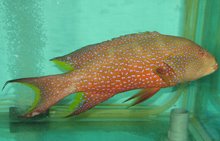
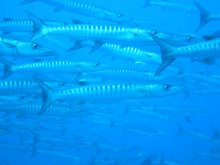

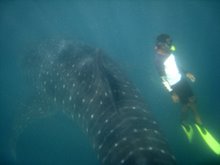
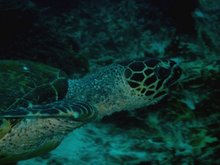
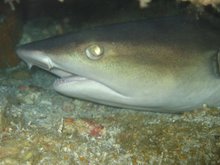
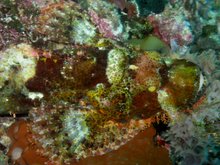

2 comments:
The Lowy Institute has also posted a short interview with Dr Williams on its blog. You can watch the video here:
http://www.lowyinterpreter.org/post/2007/11/Interview-with-Dr-Meryl-Williams.aspx
Very interesting thanks for sharing that..
Post a Comment